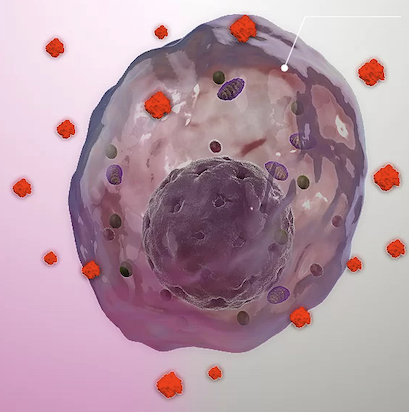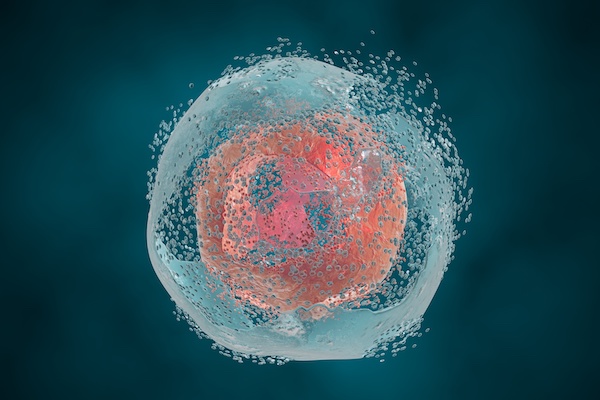Remember once upon a time when I said my first actual laboratory research project involved myelin basic protein? Other than knowing that the mother of one of my high school friends had been diagnosed with it, this was the first real exposure I had with multiple sclerosis. I eventually learned more about the immune system and autoimmunity, and the thought of your own body attacking your literal nerve cells was scary and made me feel for the people who have to live with and manage this disease every day. March happens to be Multiple Sclerosis Awareness Month, which as the name suggests works to make sure the public knows about multiple sclerosis, develops empathy and understanding for afflicted individuals, and encourages participation in events and activities to spread awareness. In this blog, let's explore the disease, current treatment strategies and ongoing research, and ways that you can help both in and out of the lab.
It’s that time of the year again where we’re supposed to gather with family and close friends, talk about anything but politics, and eat monstrous amounts of good food throughout the next few days as we celebrate Thanksgiving. I used to joke with my friends that we would all be subjected to tryptophan poisoning, but just as the story about Ben Franklin wanting the national bird to be a turkey is just a myth, we can’t blame our post-feast stupor on just tryptophan either.
Oxidative stress is an imbalance between the production of reactive oxygen species (free radicals) and antioxidant defenses. [1] The body’s cells produce free radicals, which are nitrogen- or oxygen-containing molecules with an uneven number of electrons [2], during normal metabolic processes. [3] Meanwhile, cells also produce antioxidants that neutralize these free radicals to prevent excessive cell and tissue damage. In general, the body is able to maintain a balance between antioxidants and free radicals. [3] However, this balance could be disrupted under certain conditions or environmental stress or infection, and uncontrolled oxidative stress can accelerate the aging process.[3]
As human beings with trillions of cells, each of which has their associated millions of copies of myriad proteins and other biological molecules, it’s something of a miracle that enough of the molecules bump together at the right times to keep us alive and functional. In addition to our own cells, we also coexist with microscopic neighbors, including various beneficial bacteria, while fending off pathogens like disease-causing bacteria, viruses, protozoans, and fungi. We often consider the bacteria and viruses in most human diseases, which invoke our immune systems to fight them to keep us healthy, but it also makes sense that the fungi can affect us as well, a topic in cancer research that is gaining attention.
Once upon a time when I was a fledgling science nerd in high school, I started learning about the process of apoptosis, which remains to this day the most studied form of cell death in various functions including organismal development and defense against cancer. As an immunologist-in-training, I also learned about the classical complement pathway that the immune system uses to destroy infected cells, and also necrotic cell death or necroptosis (which is full of really gross pictures if you dare to Google it). Of course, I learned about autophagy in graduate school and really appreciate its utility in normal physiology and disease, while very recently I read about ferroptosis as yet another programmed cell death (PCD) pathway. Right around when the Nobel Prize was awarded to recognize the elucidation of PCD, pyroptosis came about as a novel PCD pathway that is continuing to gain steam in its clinical relevance. It seems logical for cells and organisms to have redundant systems in place to clear away damaged and malignant cells before a health crisis can emerge if the cell evades the primary route of apoptosis.








